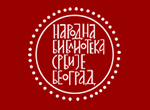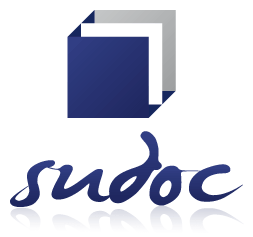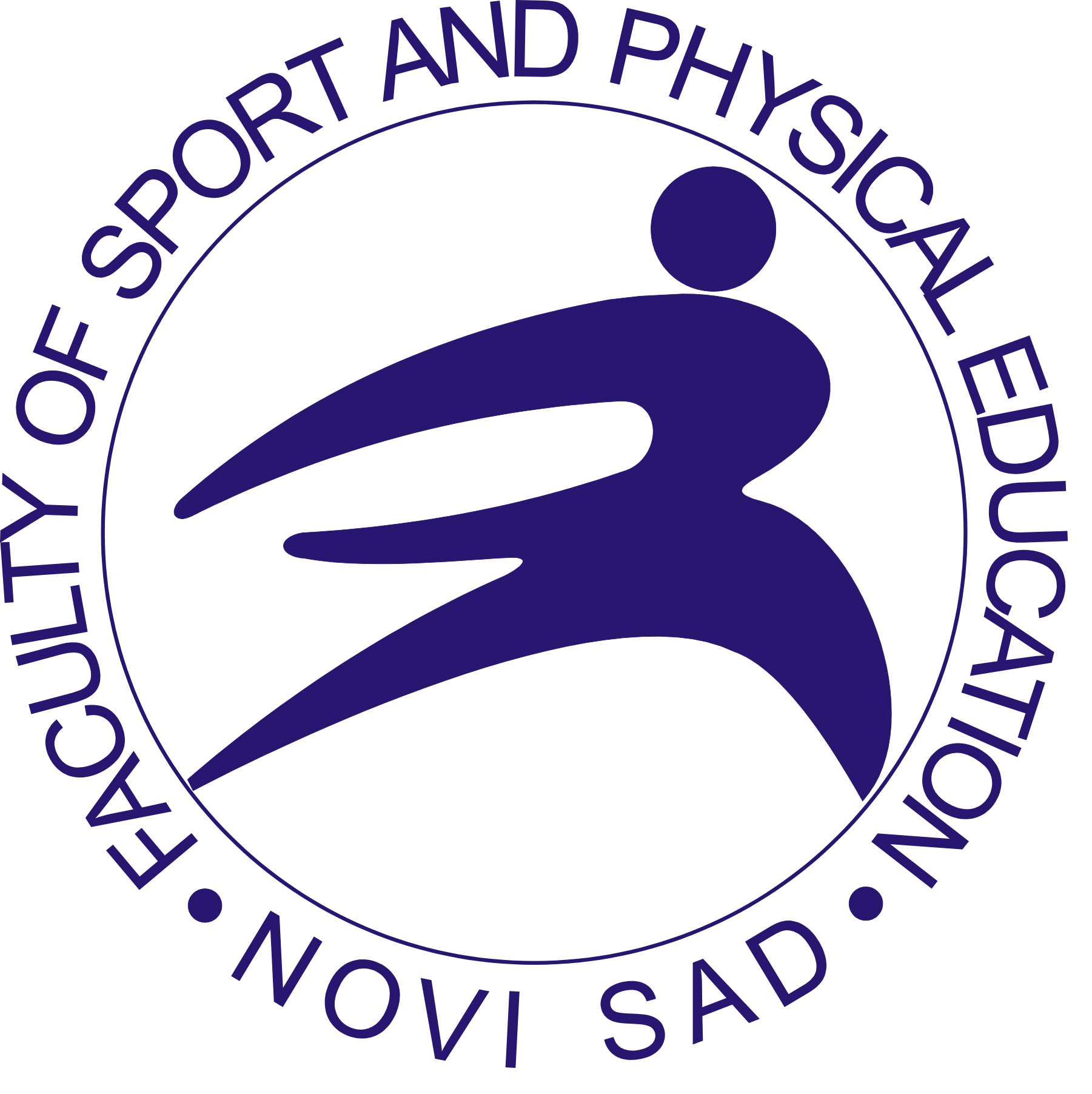
More articles from Volume 10, Issue 2, 2018
Differences in the achievement motivation in young football players and non-athletes
Prediction of mental health among cadet football players based on the emotional intelligence and perfectionism
Gender differentiation in tactical options in defense and attack on beach handball
Inclusion of preschool children into organized activity in leisure time
Fitness- and Healthcenter evaluation by resigned members
Citations

1

Iordanis Stavrianos, Vasilios Kaimakamis, Vasilios Tsimaras, Athanasios Anastasiou
(2018)
Perceptions and attitudes concerning individuals with disabilities in ancient Greece: physical exercise as a means of prevention and treatment of health-related problems
Exercise and Quality of Life, 10(2)
10.31382/eqol.181206Perceptions and attitudes concerning individuals with disabilities in ancient Greece: physical exercise as a means of prevention and treatment of health-related problems
Aristotle University of Thessaloniki, Faculty of Physical Education and Sport Science, Thessaloniki, Greece
Aristotle University of Thessaloniki, Faculty of Physical Education and Sport Science, Thessaloniki, Greece
Aristotle University of Thessaloniki, Faculty of Physical Education and Sport Science, Thessaloniki, Greece
Aristotle University of Thessaloniki, Faculty of Physical Education and Sport Science, Thessaloniki, Greece
Abstract
In the history of human kind in all ethnic groups and communities there have been individuals with physical or mental disabilities. Until the 18th century not only these individuals did not receive any support or care by their community but they were rather treated as inferior with a diminishing way. More or less the same attitude occurs to the ancient Greek world, where old age, limited psychomotor skills and potential disability were perceived as evidence of deprivation of the grace of gods. A minor acknowledgment of individuals with disabilities started from Athens, since there were several benefits introduced on behalf of the disabled for the very first time in the history of human kind. In the ancient times Greeks made use of physical exercise as a mean for therapeutic as well as prevention purposes against various diseases. Thus, a great number of distinguished physicians such as Herodikos and his student Hippocrates recommended physical exercise as the ideal treatment of several health-related problems.
Keywords
References
Citation
Copyright

This work is licensed under a Creative Commons Attribution-NonCommercial-ShareAlike 4.0 International License.
Article metrics
The statements, opinions and data contained in the journal are solely those of the individual authors and contributors and not of the publisher and the editor(s). We stay neutral with regard to jurisdictional claims in published maps and institutional affiliations.
























